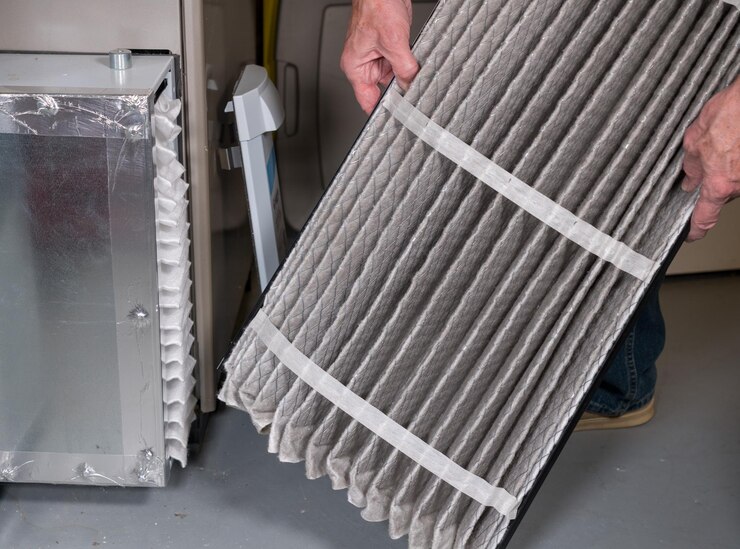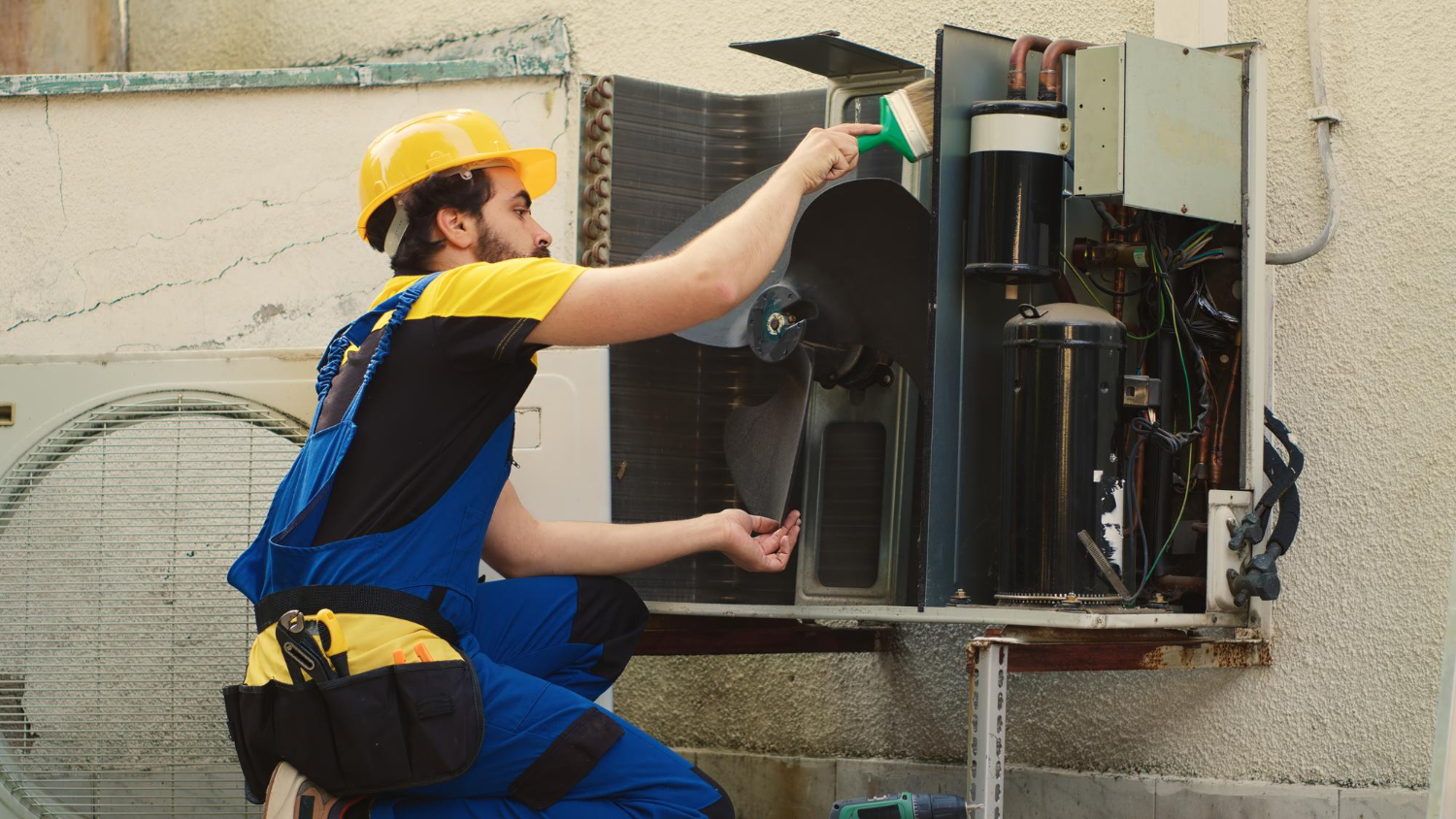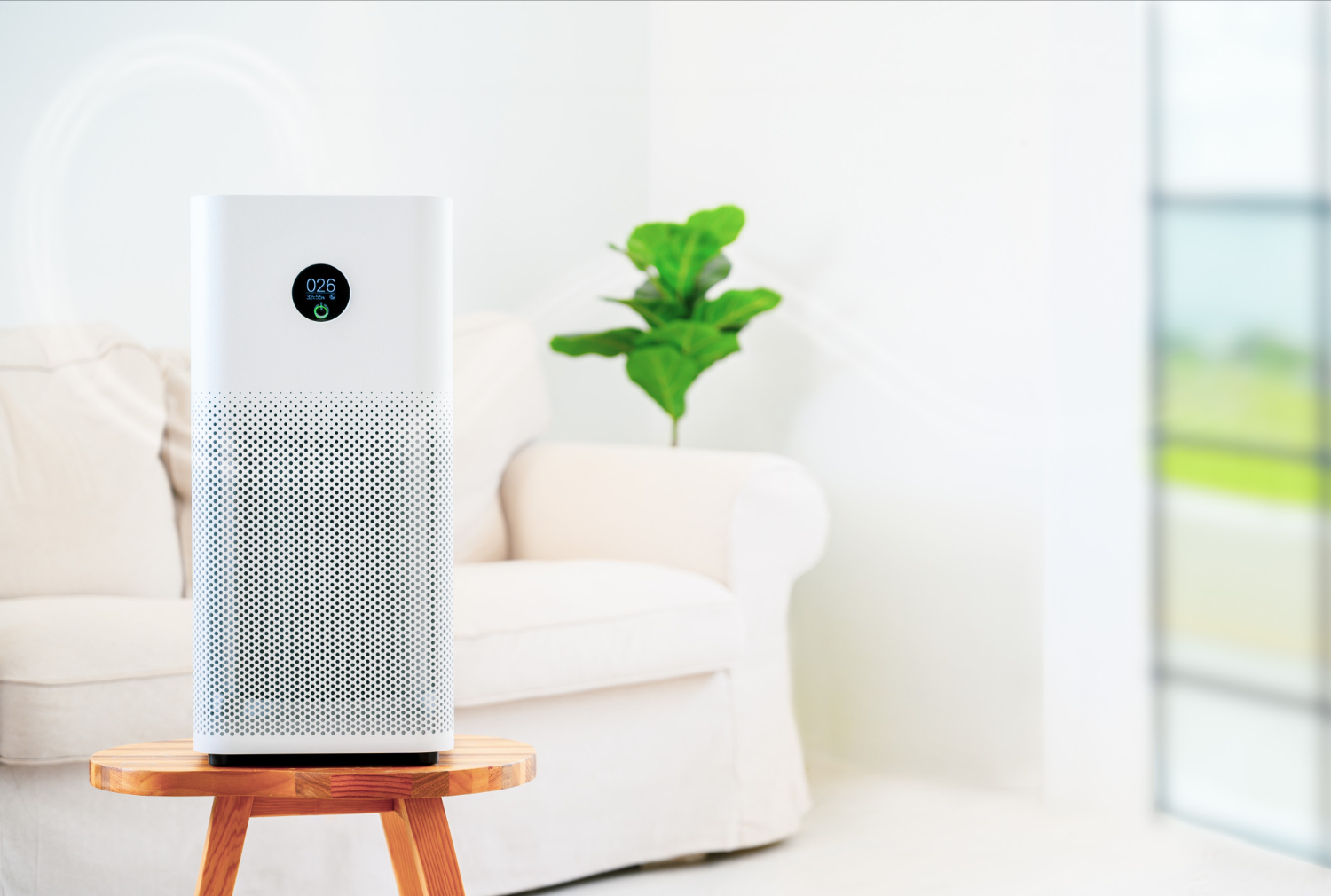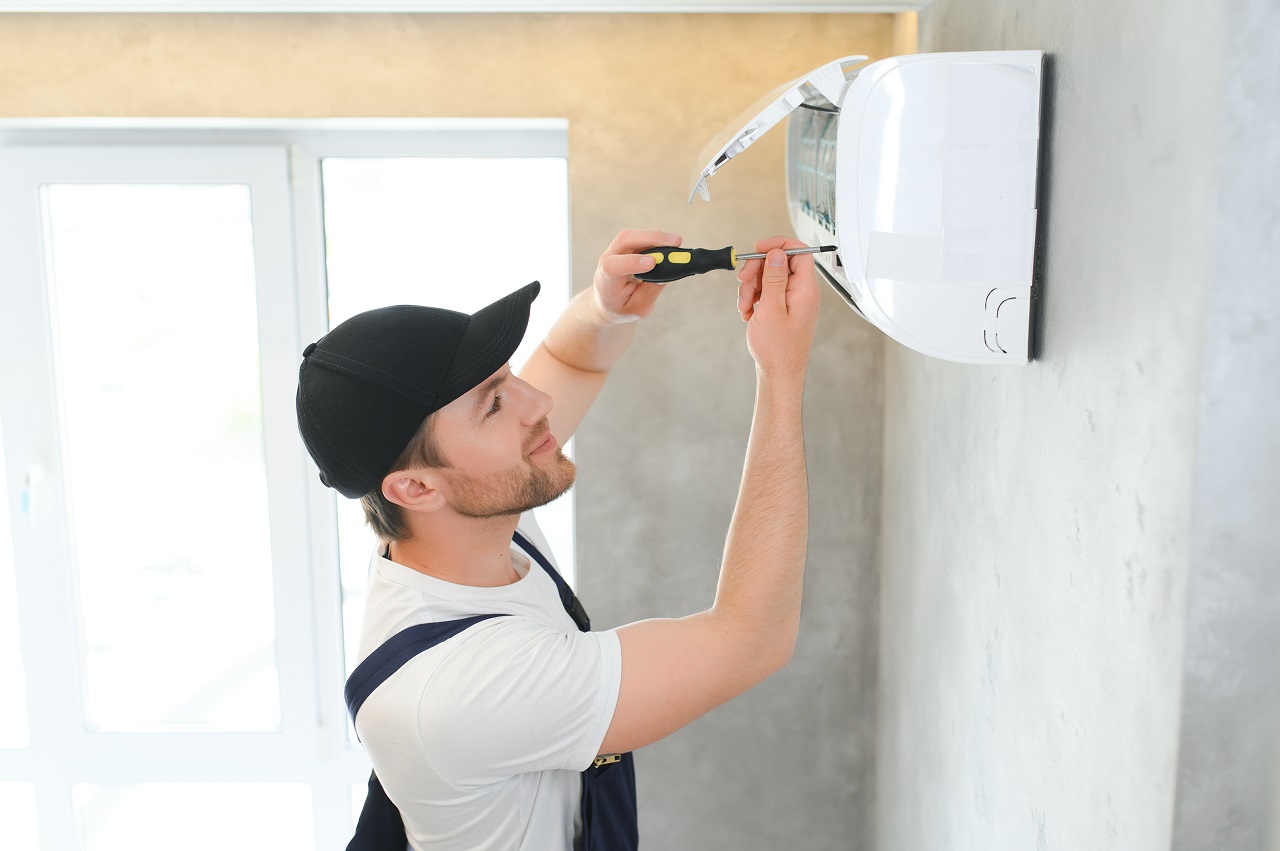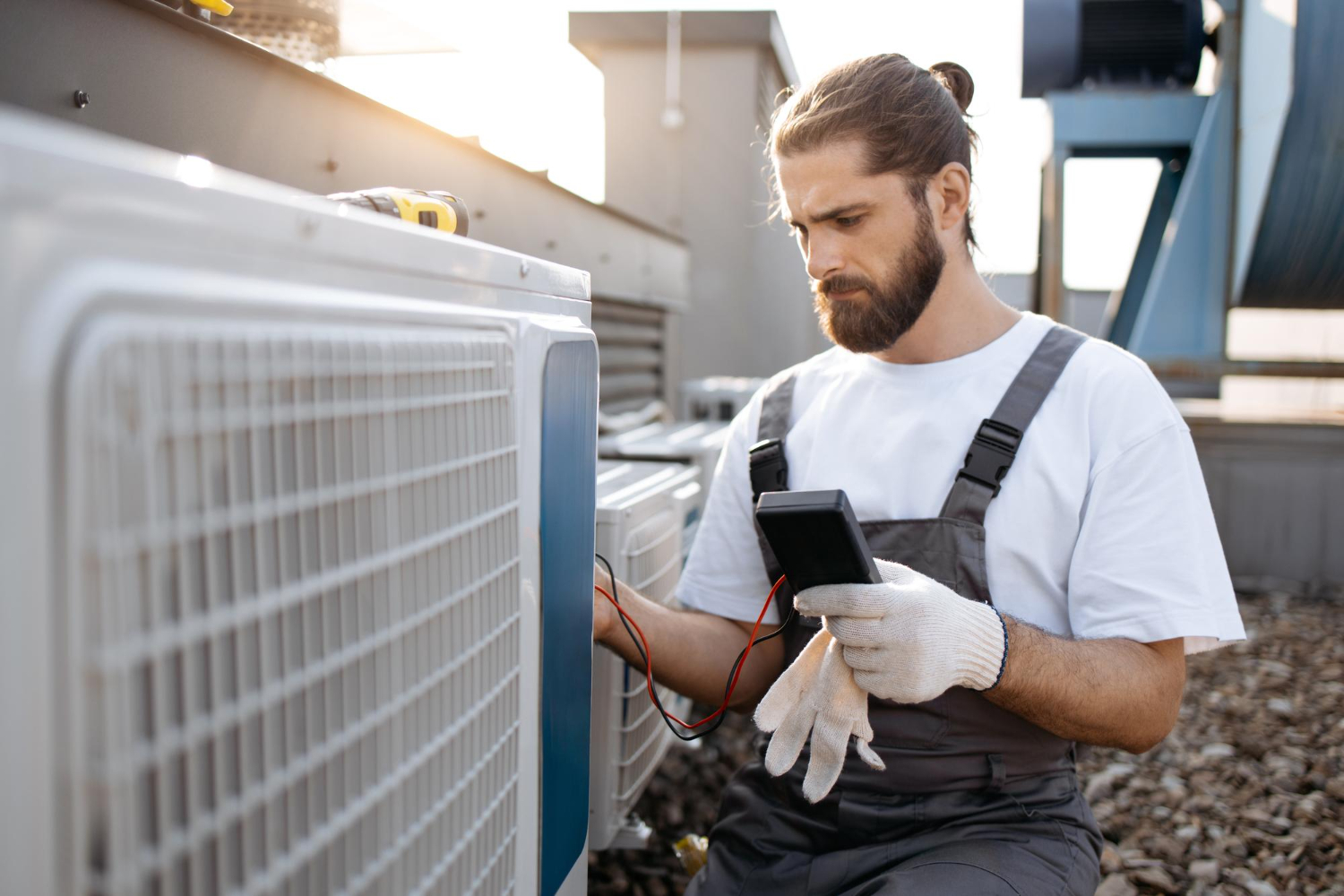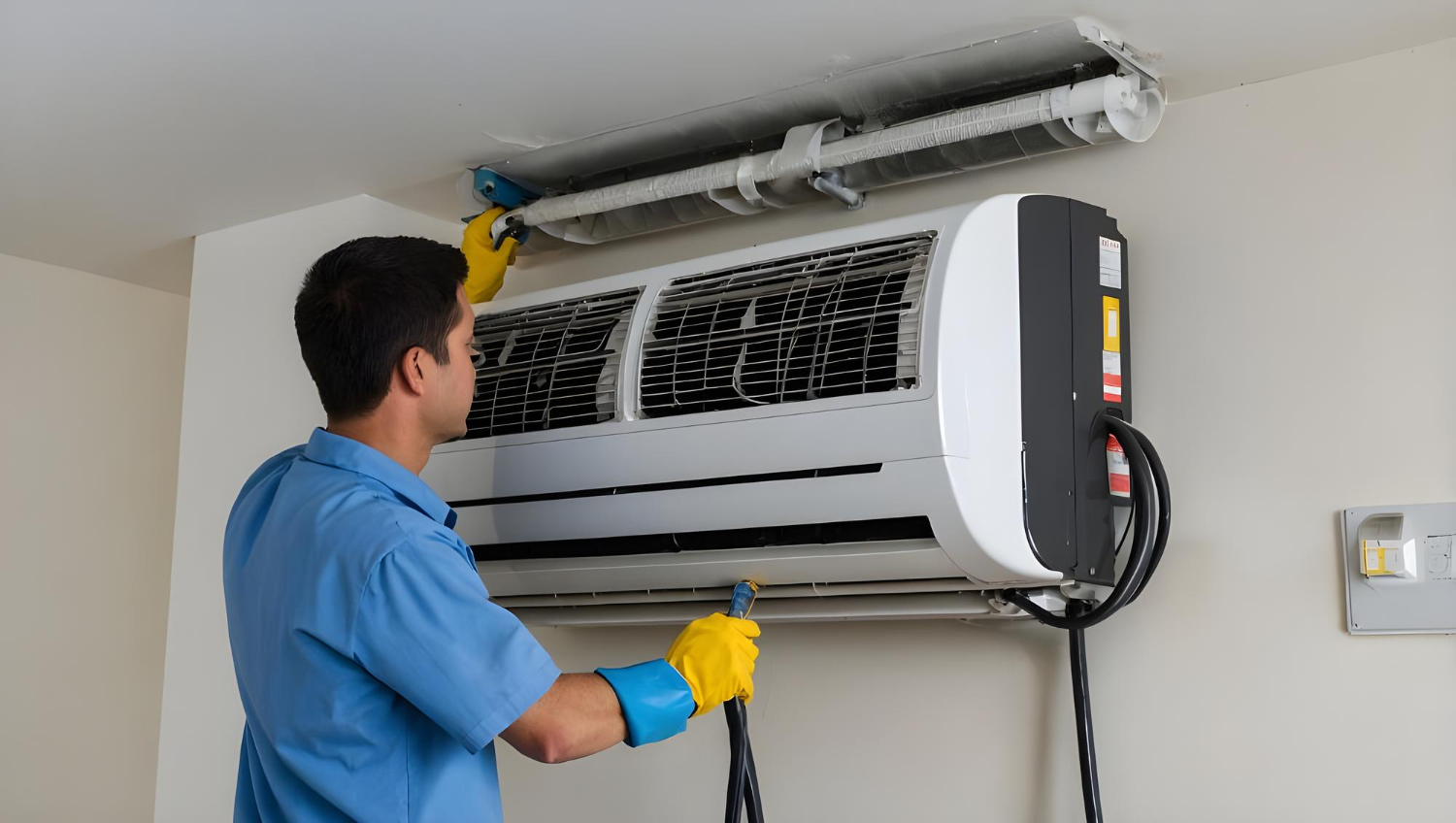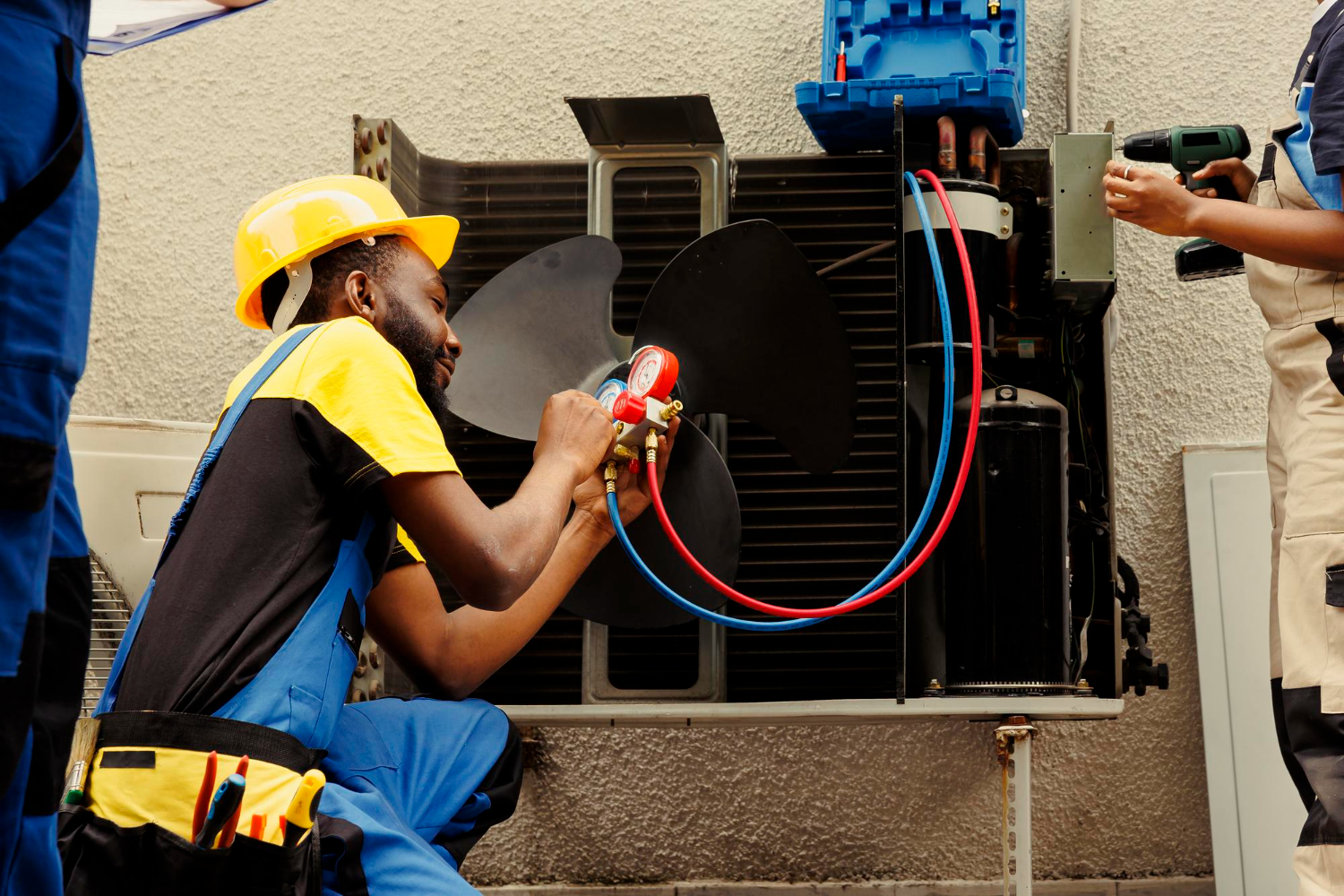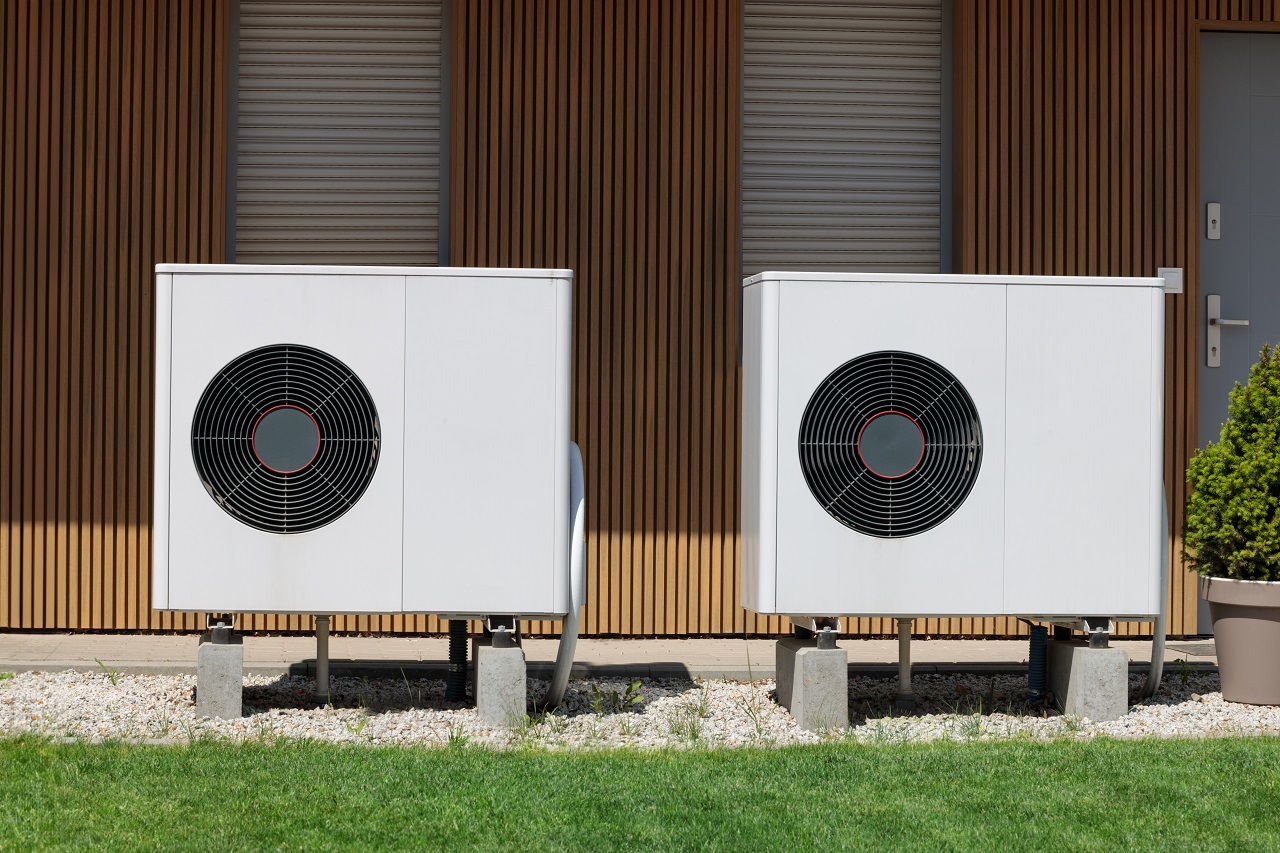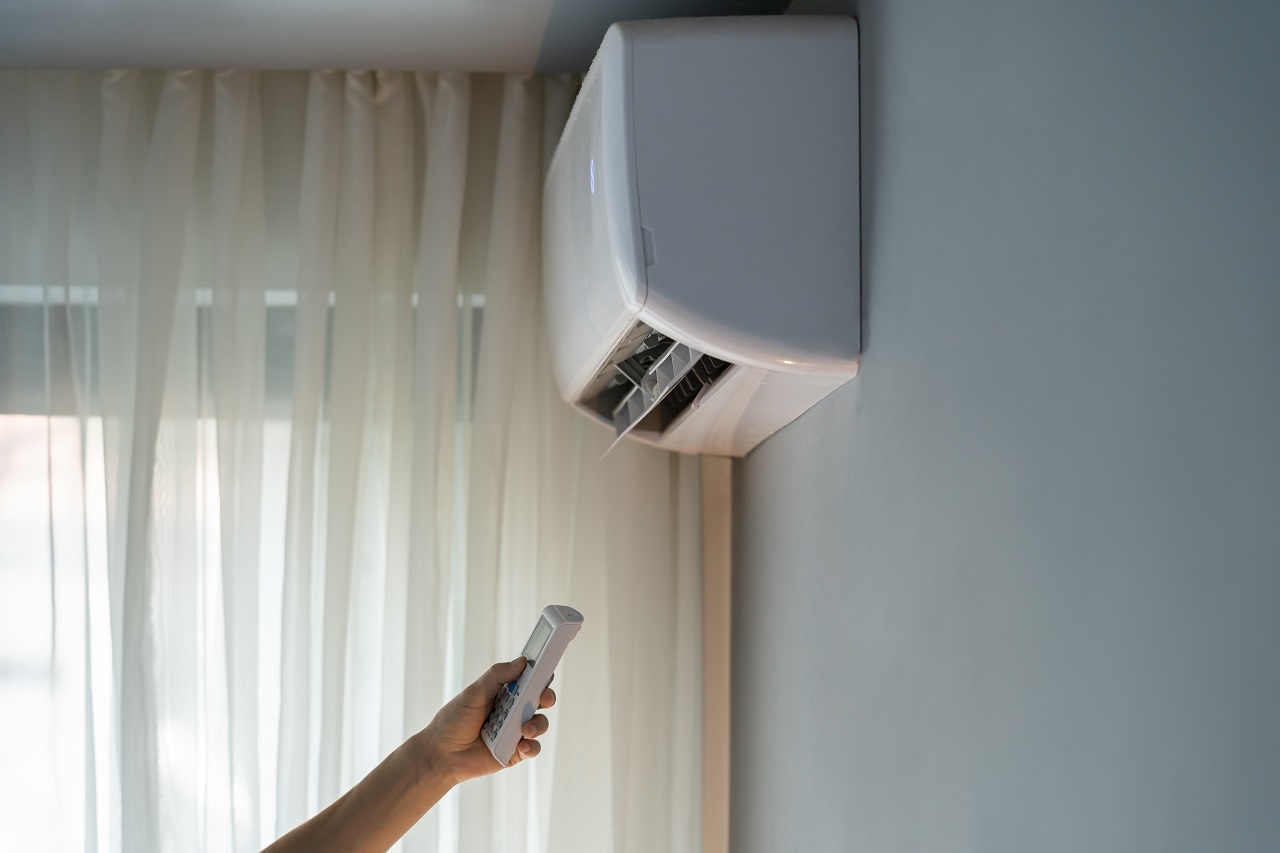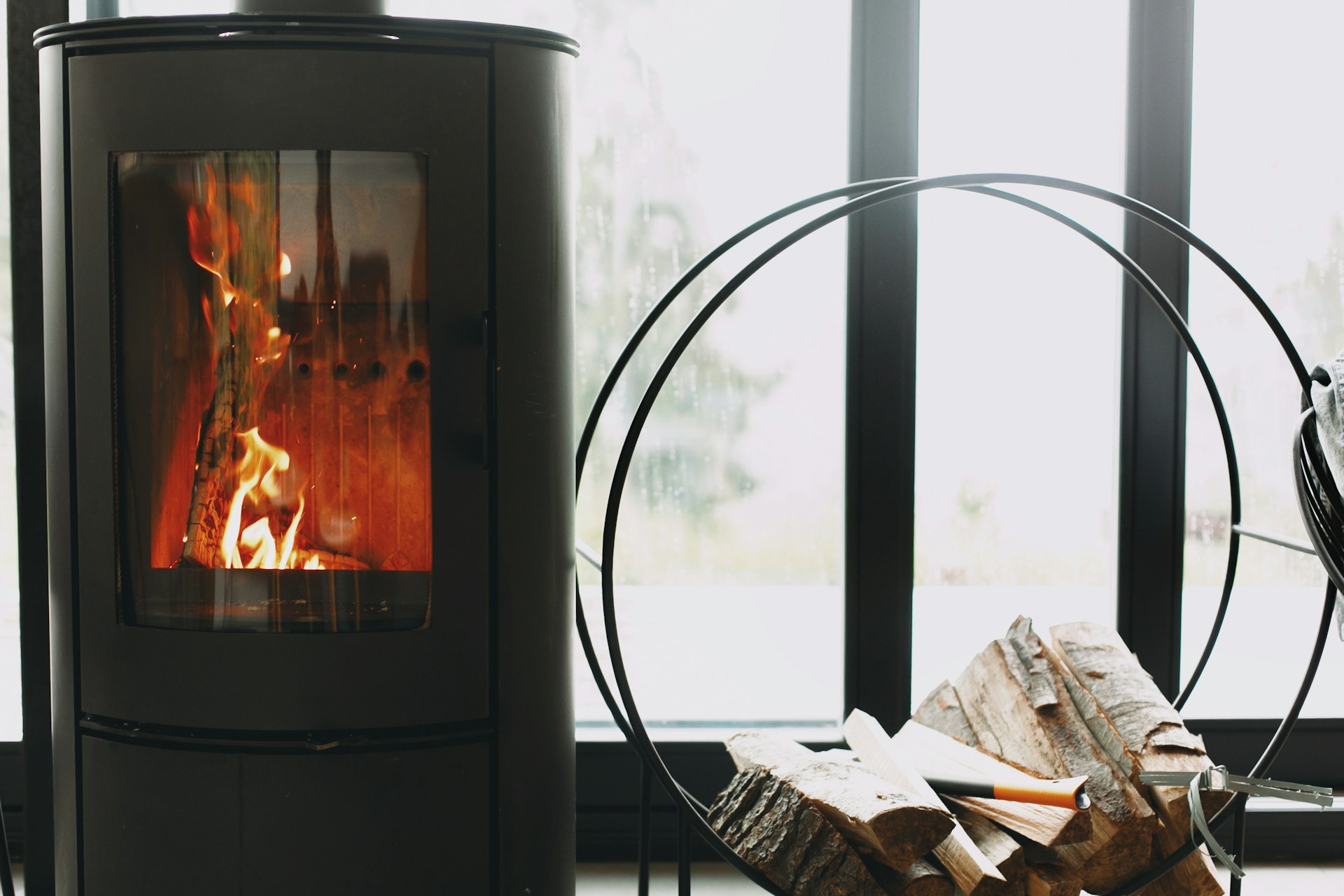Keeping your HVAC system running smoothly all year long is essential for maintaining a comfortable home. An efficient HVAC system ensures you have proper heating during the winter and reliable cooling in the summer, and it also helps you save on energy bills. Neglecting regular maintenance can lead to unexpected breakdowns, costly repairs, and a shorter lifespan for your system.
One of the critical aspects of maintaining your HVAC system is regular filter changes. Dirty filters can severely impact the efficiency of your system, leading to higher energy consumption and poor indoor air quality. Additionally, having a seasonal inspection checklist helps you prepare your HVAC system for both summer and winter, preventing problems before they arise. It’s also important to keep your thermostat settings optimal for different seasons and ensure your vents and ducts are clean to maintain good airflow.
By following these essential tips, you can keep your HVAC system in top shape, ensuring that it runs efficiently and effectively throughout the year. Let’s dive into the specifics to help you achieve this goal.
Regular Filter Changes
Importance of Clean Filters
Clean filters are crucial for the efficiency of your HVAC system. When filters are dirty, they restrict airflow, forcing your system to work harder to circulate air throughout your home. This increased effort not only uses more energy but also wears out your system faster. Dirty filters can also reduce indoor air quality, causing dust, allergens, and other pollutants to circulate in your home. Keeping your filters clean helps your HVAC system perform better, saves energy, and improves the air you breathe.
How Often to Change Filters
Knowing when to change your filters is important to keep your HVAC system running smoothly. A general rule of thumb is to change standard disposable filters every 1 to 3 months. However, if you have pets, allergies, or live in an area with a lot of dust, you might need to change them more frequently. Always check the manufacturer’s recommendations for your specific system and keep an eye on the filter’s condition. Setting a reminder on your phone or calendar can help you stay on top of this task and ensure that your filters are always clean.
Seasonal HVAC Inspection Checklist
Summer Preparation
Preparing your HVAC system for the summer involves several key steps. First, make sure your outdoor unit is free of debris like leaves, grass, and dirt. Clean around the unit, and check that nothing is blocking the airflow. Next, test your air conditioner to ensure it starts up correctly and cools your home efficiently. Also, examine your thermostat settings to make sure they are optimal for the warmer months. Don’t forget to inspect and replace the air filter if necessary.
Winter Preparation
Getting ready for winter requires a different set of tasks. Start by testing your heating system to ensure it’s working properly. Check your furnace or heat pump for any signs of wear or damage. Clean or replace the air filter to ensure good airflow. It’s also a good idea to clean your vents and make sure they are not blocked by furniture or drapes. Set your thermostat to a warm but efficient setting to save on heating costs.
Importance of a Professional Inspection
While it’s possible to do many of these tasks on your own, having a professional inspect your HVAC system each season is a wise idea. Professionals can spot issues that might not be obvious, such as small leaks, electrical problems, or signs of wear that could lead to bigger problems if left unchecked. Regular professional inspections can extend the life of your HVAC system, making sure it runs efficiently and catching problems early before they become costly repairs.
By following these steps, you can ensure your HVAC system is prepared for both hot and cold weather, keeping your home comfortable all year round.
Maintaining Optimal Thermostat Settings
Best Temperature Settings for Different Seasons
Setting your thermostat to the right temperature during different seasons can significantly improve your HVAC system’s efficiency. In the summer, aim to keep your thermostat around 78°F when you are home and increase it a few degrees when you’re away. This helps save energy without compromising comfort. During the winter, set your thermostat to around 68°F while you’re awake and lower it when you’re sleeping or away from home. These settings keep your home comfortable and reduce the strain on your HVAC system, leading to lower energy bills.
Benefits of Programmable Thermostats
Programmable thermostats offer a convenient way to maintain optimal temperatures in your home. These devices allow you to set specific temperatures for different times of the day, automatically adjusting to your schedule. This means you can ensure your home is comfortable when you’re there and save energy when you’re not. Programmable thermostats can be especially helpful for maintaining a consistent temperature, preventing your HVAC system from overworking and helping extend its lifespan. Investing in a programmable thermostat can lead to significant energy savings and improve overall comfort in your home.
Keeping Vents and Ducts Clean
Regularly Clean Vents
Keeping your vents clean is a simple but important task for maintaining your HVAC system. Dust and debris can accumulate on vent covers, blocking airflow and making your system less efficient. Wipe down vent covers regularly with a damp cloth to remove dust and dirt. This can help ensure good airflow and improve indoor air quality. In addition to cleaning the vent covers, make sure to keep the areas around your vents clear of furniture and other items.
Inspecting and Cleaning Ductwork
Your ductwork plays a vital role in distributing air throughout your home, so it’s important to keep it clean and in good condition. Inspect your ducts for signs of dust buildup, mold, or other debris. If you notice a significant amount of dust or any other issues, it might be time for a professional cleaning. Cleaning ductwork can help improve airflow, increase your system’s efficiency, and reduce allergens in your home. Regular inspections can also help catch potential problems early, saving you money on future repairs.
Signs Ducts Need Cleaning
There are several signs that your ducts might need cleaning. If you notice a musty smell coming from your vents, it could indicate mold growth in your ductwork. Increased dust on surfaces around your home, even after regular cleaning, can also suggest that your ducts are dirty. Additionally, if anyone in your household experiences worsening allergies or respiratory issues, dirty ducts could be the cause. Pay attention to these signs to determine when it’s time to clean your ducts, ensuring a healthier and more efficient HVAC system.
Conclusion
Keeping your HVAC system running smoothly all year is essential for a comfortable and efficient home. By regularly changing filters, preparing for seasonal changes, maintaining optimal thermostat settings, and keeping your vents and ducts clean, you can ensure that your HVAC system remains in top condition. These simple yet effective steps can help you save on energy bills, improve indoor air quality, and extend the lifespan of your system.
Performing regular maintenance and being attentive to your HVAC system’s needs can prevent costly repairs and unexpected breakdowns. A well-maintained system not only keeps your home comfortable in any season but also ensures that your indoor environment remains healthy.
If you’re ready to give your HVAC system the care it deserves, reach out to Turner On Services in Cincinnati, Ohio. Our experts are here to offer affordable HVAC services, from inspections to repairs and installations. Schedule a service today and keep your home comfortable all year long.


